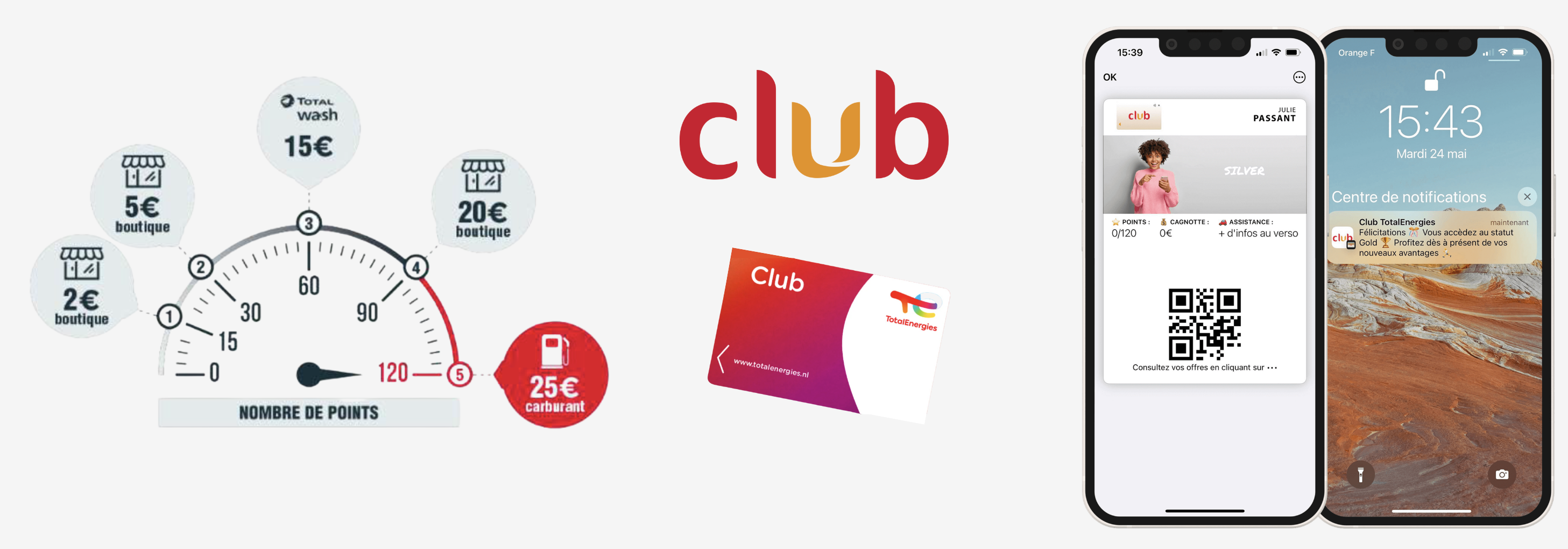Do you ever feel like there's a better way to do things, to get more out of your efforts, or to make your resources stretch further? That feeling, that desire to optimize and gain the most benefit, is very much at the heart of what we call "maxxing meaning." It's about looking at your daily life and figuring out how to make smarter choices, really.
This idea of "maxxing meaning" isn't some complex theory or a secret club. It's really just a straightforward way of thinking, a mindset you can use in all sorts of situations. It applies whether you're dealing with big financial paperwork or simply planning your next little getaway, so you know, it's pretty versatile.
We're going to explore how this way of thinking can help you with some rather practical parts of your life, like handling your taxes and deciding how to travel. You'll see how making a few informed choices can truly help you get more value, basically, from your money and your time, too it's almost like a superpower.
Table of Contents
- What Does "Maxxing Meaning" Really Mean?
- Maxxing Your Money: Smart Tax Moves
- Maxxing Your Travel: Fly or Drive?
- Making Smart Choices Every Day
- Frequently Asked Questions About Maxxing
What Does "Maxxing Meaning" Really Mean?
When we talk about "maxxing meaning," we're really talking about getting the most out of something. It's about finding the best possible outcome, making sure you gain the greatest value, or simply being as effective as possible in a situation. This could be about your money, your time, or even your overall well-being, so it's a pretty broad idea.
Think of it as a personal quest for efficiency. It's not about being greedy, but rather about being clever with what you have. For instance, if you're trying to save money, "maxxing meaning" might involve looking for every possible discount or free service. If you're planning a trip, it means figuring out the most cost-effective and enjoyable way to get to your spot, you know?
This mindset encourages you to be thoughtful before you act. It asks you to consider all the options and pick the one that truly serves your goals best. It's about being proactive rather than just letting things happen, which, honestly, can feel quite empowering, especially when you start seeing the good results.
Maxxing Your Money: Smart Tax Moves
One area where "maxxing meaning" can truly make a difference is with your money, especially when it comes to taxes. Tax time can feel like a chore, but it's also a big chance to ensure you're keeping as much of your hard-earned cash as possible. It’s about making your money work harder for you, basically, which is a good thing.
Many people just rush through their tax paperwork, missing out on chances to save. But by taking a little time to understand the rules and options, you can really make your tax return a tool for financial benefit. It's about being smart with those numbers, you see, and not leaving money on the table.
The goal here is to optimize your financial picture, to ensure every dollar you're owed stays in your pocket. This means looking closely at your income, your spending, and what the tax rules allow. It's a way to really gain control over your financial health, which, frankly, is a great feeling to have.
Understanding Your Adjusted Gross Income (AGI)
A key part of "maxxing" your tax situation involves getting a good grasp of your Adjusted Gross Income, or AGI. This number is really important because it affects so many other parts of your tax return. It's a foundational piece of information, you know, for figuring out what you owe or what you get back.
Your Adjusted Gross Income, also known as AGI, is defined as your total income minus certain deductions, or “adjustments” to income that you are eligible to take. These "adjustments" are things that lower your overall income number before other deductions or credits come into play. So, it's a way to reduce your taxable income right from the start, which is pretty helpful.
Knowing your AGI helps you figure out if you qualify for certain tax breaks, credits, or even specific programs. The lower your AGI, the more likely you might be to get more assistance or pay less in taxes. So, understanding these adjustments and taking every one you can is a direct way to "max" your tax savings, apparently, and keep more money for yourself.
Finding Free Ways to File Your Taxes
Another excellent way to "max" your tax return is to avoid paying fees just to file it. Many people spend money on tax software or preparers when they might not need to. There are actually free options out there for many people, which is a great piece of news, really.
You can prepare and file your federal income tax return online for free. This is often done through an IRS partner site with the IRS Free File Program. These partners offer guided software that helps you through the process, making it simpler than you might think. It's a good way to save some cash, so.
If your income is above a certain amount, or if you prefer to do things more directly, you can also use Free File Fillable Forms. This option is for those who are comfortable doing their own calculations, but it still allows you to file electronically without any cost. It's a straightforward path for many, you know, especially if you're confident with your numbers.
Some newer options are also appearing, making things even quicker. For instance, "Green filing is now faster than ever before." This type of service is now available in Illinois, Indiana, and Texas, which is a nice development for folks in those states. These innovations are all about making the process smoother and more accessible, helping you keep more of your money, basically, by cutting out fees. Learn more about on our site.
Maxxing Your Travel: Fly or Drive?
Beyond taxes, "maxxing meaning" can also apply beautifully to your travel plans. Deciding how to get to your destination can have a big impact on your budget and your overall experience. The classic question, "Is it better to drive or fly?" is a perfect example of where this optimizing mindset comes in, you see.
It's not always as simple as picking the cheapest ticket or the shortest drive. There are many hidden costs and factors to consider. Being smart about this choice means looking at the whole picture, not just one part. It's about finding the best value for your trip, honestly, considering both money and comfort.
By taking a moment to compare the different ways to travel, you can save a lot of money or gain a lot of convenience. This approach helps you make sure your travel budget goes as far as it can, giving you more to spend on the fun parts of your trip, which is pretty great.
Crunching the Numbers for Your Journey
To really "max" your travel decision, you need to do a little math. Travelmath, for instance, provides an online cost calculator to help you determine whether it's better to fly or drive to your destination. These tools are super helpful for getting a clear picture of the expenses involved, so you're not guessing.
You can calculate the cost of getting to the airport, like rideshares or parking fees, and booking a flight. But before you buy plane tickets, make sure to ask yourself, “is it cheaper to drive or fly?” You also need to think about other things, like renting a car once you arrive. You really need to learn how to compare the total costs, not just the main ticket price.
Here's how to determine which transport mode is best for you and your budget: It's best to always start off by breaking out some pen and paper, and ideally a calculator, too. By inputting a few key details like distance, car fuel efficiency, and current gas prices, you can get a good estimate for driving. For flying, consider the ticket price, baggage fees, and how you'll



